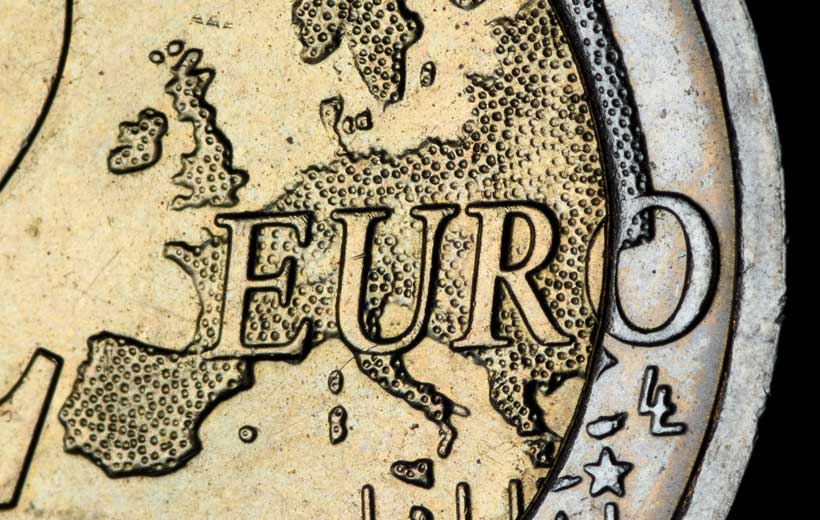And the EU continues to be more aggressive and combative around all things regulation (medical device and pharmaceutical development - shout out to @inranger27 RIP, M&A, fundraising, compliance, employment law, etc.).
These are humbling times for Europe. The continent barely escaped recession late last year as the U.S. boomed. It is losing out to the U.S. on artificial intelligence, and to China on electric vehicles.
There is one field where the European Union still leads the world: regulation. Having set the standard on regulating mergers, carbon emissions, data privacy, and e-commerce competition, the EU now seeks to do the same on AI. In December it unveiled a sweeping draft law that bans certain types of AI, tightly regulates others, and imposes huge fines for violators. Its executive arm, the European Commission, might investigate Microsoft’s tie-up with OpenAI as potentially anticompetitive.
Never before has “America innovates, China replicates, Europe regulates” so aptly captured each region’s comparative advantage.
....
For example, to preserve competition, European regulators have resisted mergers that leave just a handful of mobile phone carriers per market. As a result Europe now has 43 groups running 102 mobile operators serving a population of 474 million, while the U.S. has three major networks serving a population of 335 million, according to telecommunications consultant John Strand. China and India are even more concentrated.
European mobile customers as a result pay only about a third of what Americans do. But that’s why European carriers invest only half as much per customer and their networks are commensurately worse, Strand said: “Getting a 5G signal in Germany is like finding a Biden supporter at a Trump rally.” Putting European networks on a par with the U.S. would cost about $300 billion, he estimated.
...
Of course, Europe’s economy underperforms for lots of reasons, from demographics to energy costs, not just regulation. And U.S. regulators aren’t exactly hands-off. Still, they tend to act on evidence of harm, whereas Europe’s will act on the mere possibility. This precautionary principle can throttle innovation in its cradle.
Starting in 2018, Europe’s General Data Protection Regulation, or GDPR, imposed strict requirements on websites’ collection and use of personal data with fines of up to 4% of global sales. A study by University of Maryland economist Ginger Jin and two co-authors found this depressed European venture-capital investment relative to the U.S. over the next two years. Investors might have shunned business models that weren’t in compliance with, or less valuable because of, GDPR, they said.
History might be about to repeat with AI. Since 2021, AI-related venture-capital deals have raised $44 billion in Europe, roughly equal to China but just a quarter of the U.S., according to PitchBook, and the gap is growing. Last year Europe’s AI industry warned lawmakers their AI law could “lead to highly innovative companies moving their activities abroad [and] investors withdrawing their capital.”
These are humbling times for Europe. The continent barely escaped recession late last year as the U.S. boomed. It is losing out to the U.S. on artificial intelligence, and to China on electric vehicles.
There is one field where the European Union still leads the world: regulation. Having set the standard on regulating mergers, carbon emissions, data privacy, and e-commerce competition, the EU now seeks to do the same on AI. In December it unveiled a sweeping draft law that bans certain types of AI, tightly regulates others, and imposes huge fines for violators. Its executive arm, the European Commission, might investigate Microsoft’s tie-up with OpenAI as potentially anticompetitive.
Never before has “America innovates, China replicates, Europe regulates” so aptly captured each region’s comparative advantage.
....
For example, to preserve competition, European regulators have resisted mergers that leave just a handful of mobile phone carriers per market. As a result Europe now has 43 groups running 102 mobile operators serving a population of 474 million, while the U.S. has three major networks serving a population of 335 million, according to telecommunications consultant John Strand. China and India are even more concentrated.
European mobile customers as a result pay only about a third of what Americans do. But that’s why European carriers invest only half as much per customer and their networks are commensurately worse, Strand said: “Getting a 5G signal in Germany is like finding a Biden supporter at a Trump rally.” Putting European networks on a par with the U.S. would cost about $300 billion, he estimated.
...
Of course, Europe’s economy underperforms for lots of reasons, from demographics to energy costs, not just regulation. And U.S. regulators aren’t exactly hands-off. Still, they tend to act on evidence of harm, whereas Europe’s will act on the mere possibility. This precautionary principle can throttle innovation in its cradle.
Starting in 2018, Europe’s General Data Protection Regulation, or GDPR, imposed strict requirements on websites’ collection and use of personal data with fines of up to 4% of global sales. A study by University of Maryland economist Ginger Jin and two co-authors found this depressed European venture-capital investment relative to the U.S. over the next two years. Investors might have shunned business models that weren’t in compliance with, or less valuable because of, GDPR, they said.
History might be about to repeat with AI. Since 2021, AI-related venture-capital deals have raised $44 billion in Europe, roughly equal to China but just a quarter of the U.S., according to PitchBook, and the gap is growing. Last year Europe’s AI industry warned lawmakers their AI law could “lead to highly innovative companies moving their activities abroad [and] investors withdrawing their capital.”


